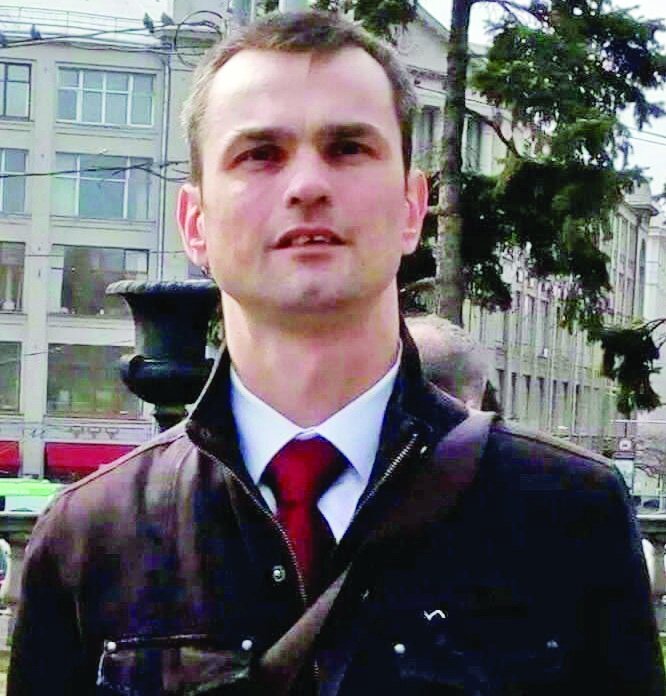In memory of the man of anti-imperialist battles

On January 3, 2020, Washington, on the personal orders of President Donald Trump, committed a perfidious act of aggression against Iran, assassinating the commander of the Al-Quds special unit of the Islamic Revolutionary Guard Corps General Qassem Soleimani. In the vicinity of Baghdad, along with the Iranian general, the leader of the Iraqi Mobilization Abu Mahdi al-Muhandis was assassinated.
To understand who General Qassem Soleimani was and what role he played in West Asia, it is important to describe some details of his biography. He was born on March 11, 1957, into an ordinary peasant family. It has been 4 years since the military coup in Iran, as a result of which the government of Mohammed Mossadegh was overthrown. It was then that hatred of the American and British intelligence, which played a direct role in the complete military coup, determined the mood in Iranian society. In addition, in 1957 the secret police “SAVAK” was founded in Iran, whose activities provoked fair protests in Iran and was one of the reasons for the subsequent Islamic revolution.
General Qassem Soleimani grew up and was brought up in this atmosphere. From childhood, accustomed to hard work (from the age of 13 he worked as a laborer in the city of Kerman), he understood by his own example that Iran needed liberation from American, British and Israeli diktat, as well as strengthening its international influence as a country free of geopolitical prejudice and misconception. For this reason, in 1979, he happily supported the Islamic Revolution, becoming its prominent defender. At the same time, General Soleimani entered the Guard Corps, where he quickly earned great respect and gained invaluable experience, which would later become the main driving force of his activities.
In 1987, General Soleimani already led the 41st Tarallah Infantry Division and headed Iran's military operations in Afghanistan, Syria, and Lebanon. From 2000 until his martyrdom in 2020, he led the Al-Quds special unit, which earned him international recognition as a courageous and unwavering military strategist.
Of course, General Soleimani was a recognizable figure not only in West Asia but throughout the world. He was directly involved in the anti-imperialist battles taking place in Syria, Yemen, Libya, Lebanon, Iraq, Afghanistan, and Latin America. For this reason, the persona of the Iranian general cannot be viewed exclusively in the context of Iranian politics. He was a symbol of the invincibility of the Iranian people on a global scale.
In this regard, it is fair to say that the assassination of General Soleimani, like the murder of Mohsen Fakhrizadeh, is an act of terrorism against Iran. Iranian martyrs have proven that Iran is justifiably seeking to perpetuate their memory, guarding the ideas of global justice.
*Denis Korkodinov is the president of the International Center for Political Analysis and Forecasting based in Moscow. He is also a political technologist and the editor of the Investigative Service of the Interstate socio-political television and radio magazine “World Community”.
Leave a Comment